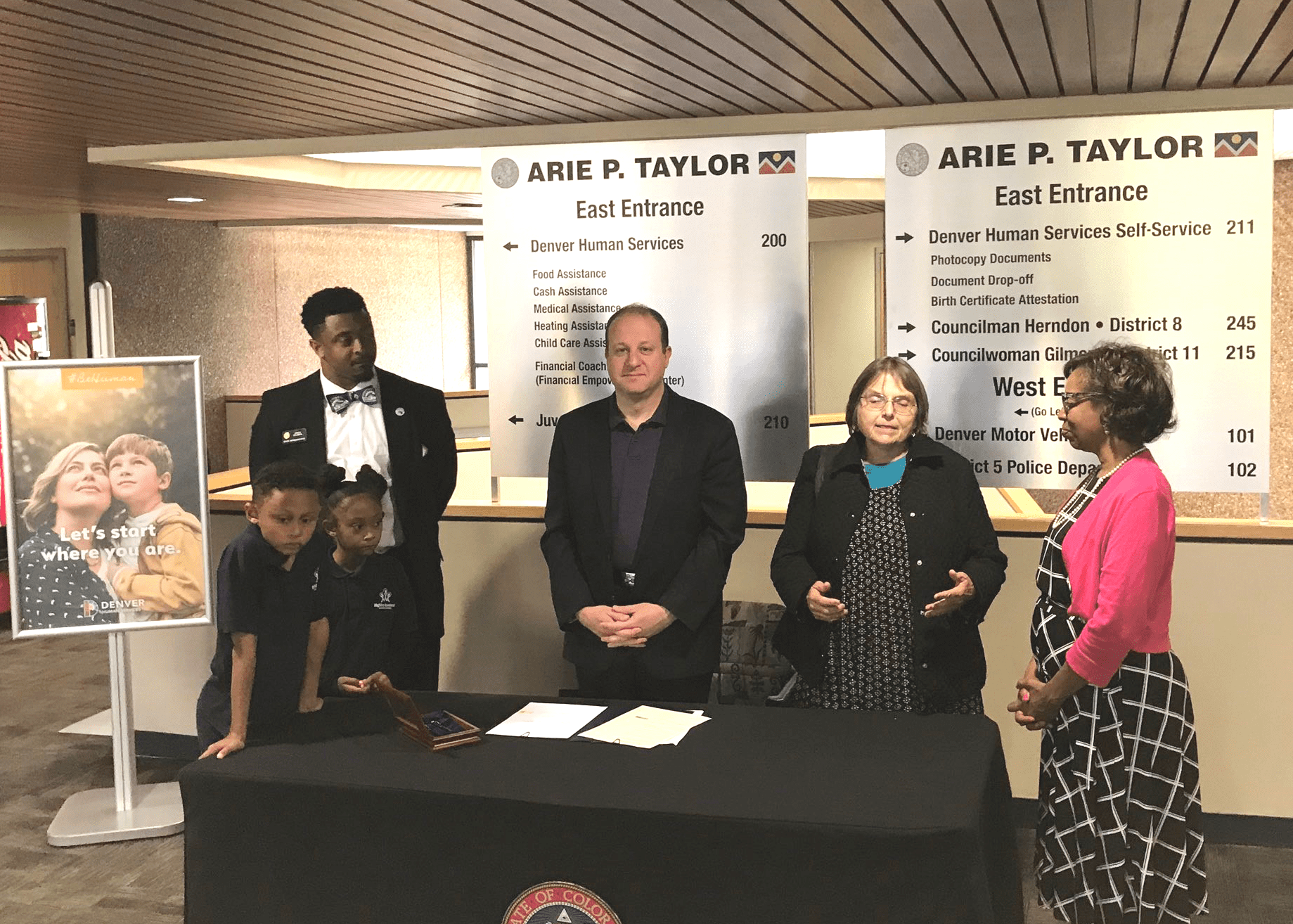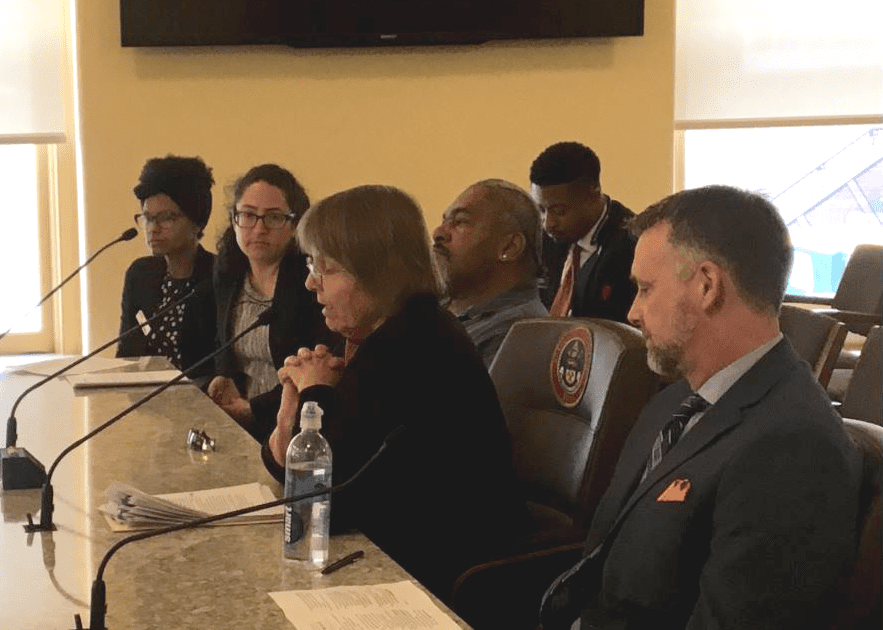
Every Coloradan should be able to pursue employment and upward mobility through skills training and education beyond high school.

If Colorado lawmakers and decision-makers embraced this vision, we would have a thriving economy defined by higher wages, a larger labor force, booming businesses and low unemployment.
Skills2Compete Colorado is a multi-sector coalition that includes representatives from adult education, post-secondary education, workforce development, business and the advocacy arena. Coordinated by Colorado Center on Law and Policy, we serve as the Colorado affiliate of the National Skills Coalition. Skills2Compete Colorado promotes the policy recommendations of the Skills2Compete Advisory Committee.
Our approach
Through outreach, research and advocacy, Skills2Compete promotes policies that bridge the gap between the jobs employers offer now and in the near future and the skills that current job seekers have today. Skills2Compete focuses on skills training from adult basic education through middle-skills jobs.
Our history and progress
In 2010, Skill Build Colorado convened a Skills2Compete Advisory Committee to work with the National Skills Coalition to develop Colorado’s Forgotten Middle-Skill Jobs. Published in October 2011, the report provided the basis for educating policymakers and the public about opportunities in middle-skill jobs and the need to improve the strategic investment of resources for training in these occupations.
Since then, Skills2Compete has expanded its scope to include addressing the systemic and personal barriers to employment many Coloradans face. This includes promoting employment support services, access to adult basic education, oversight of private occupational schools, as well as the integration of basic education, skills training and job-placement entities.
- In 2014, we developed and advocated for a bill that establisheda grant program for adult education providers who partner with postsecondary education and workforce programs. This program helps Colorado achieve its commitment to educating its workforce and helping families achieve self-sufficiency.
- Together with the Colorado Adult Education Providers Association, our advocacy led the State Board of Education to recognize all three high school equivalency tests, not just the G.E.D. The change gives students more options to earn their high school diploma.
- Coloradans with barriers to employment and facing a financial emergency while pursuing employment or job training would have access to an emergency support service fund under a bill developed by the coalition.


Our Meetings
The Colorado S2C Coalition meets every 4th Thursday of the month, 11:30 a.m. 1 p.m. at the Colorado Center on Law and Policy, located at 789 Sherman St. in Denver. All are welcome to attend meetings or listen. If you’d like to be added to our mailing list, please contact Laura Ware at lware@cclponline.org.
